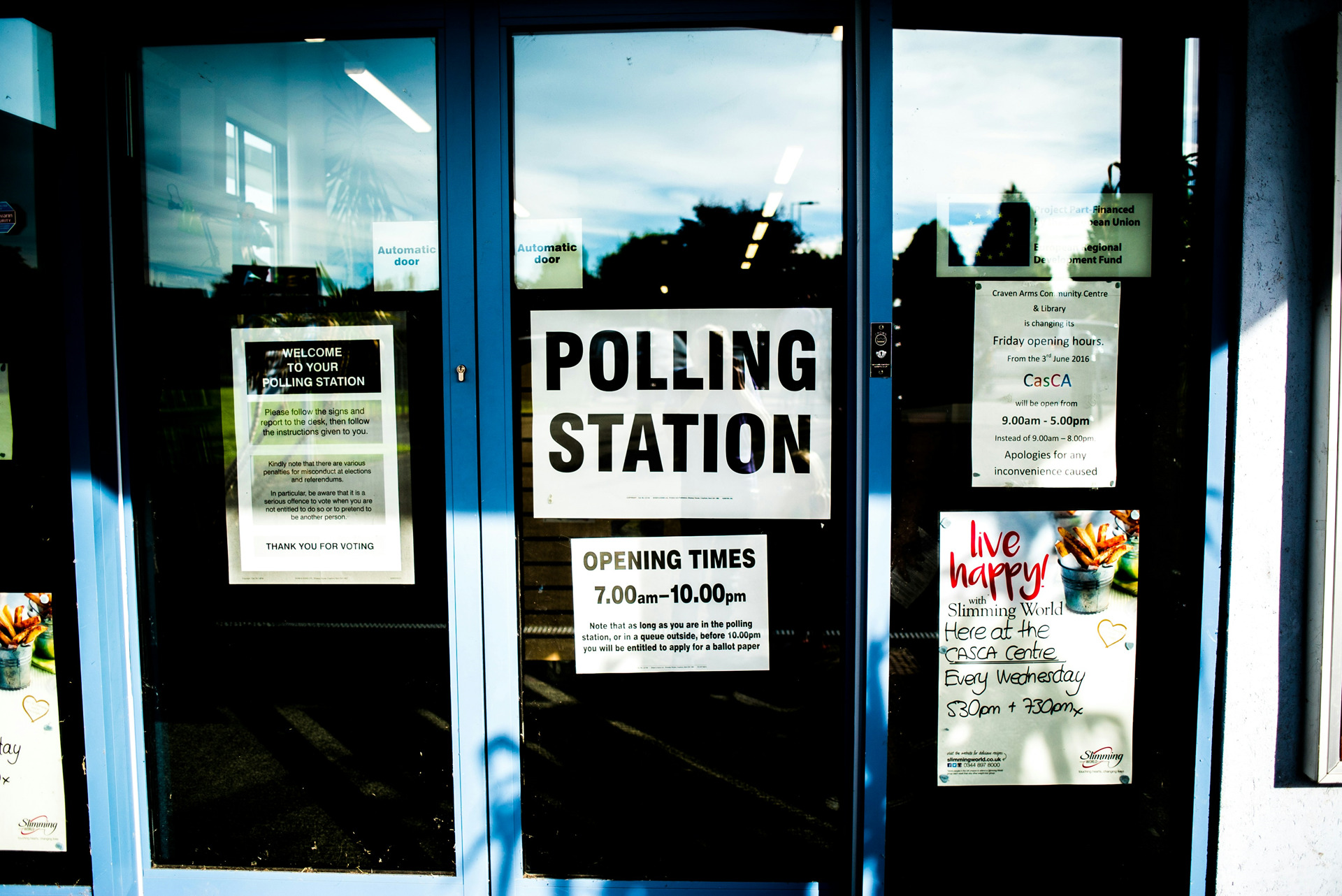Opinion polling | Politics | Public & Social | Voting intention

Chris Hopkins
Political Research Director
05/07/2024
- To begin with, this has been a brilliant night for the Labour Party. At the time of writing, Keir Starmer’s party has returned what looks like a historically large majority, from an apparently insurmountable 80 seat Conservative majority in 2019.
- There has been some high-profile splitting of Labour’s vote. While this shouldn’t overshadow Labour’s victory today, it may point to some challenges Labour may face both in the next parliament and at future elections. Simply put, they likely won’t be able to return 400-plus MPs next election with less than 40% of the vote, as it looks like they will do this time.
- However, not all splits are created equal. The biggest split tonight has been at the expense of the Conservative Party by Reform UK. Nigel Farage’s party’s performance in our first past the post system is remarkable. They’ve managed to tear apart the Conservative vote even where they haven’t had a ground campaign – lowering the threshold for Labour and the Liberal Democrats to win in so many seats.
- As such, I think we can say that the single biggest reason for Labour’s huge majority is likely Reform UK splitting the right vote than anything else.
- The Liberal Democrats will also be extremely pleased with their showing tonight. For the first time in recent memory, first past the post looks to be working in their favour – with them achieving more seats than their 2005 high point, but on around half the vote share.
- The soul searching that the Conservative Party will have to go through now will be one of the key narratives of the next few months. The Conservatives should resist the temptation to solely have a philosophical debate about whether they were ‘right’ or ‘centrist’ enough: their issues appear to be more about competence – economic credibility and delivering on their promises – rather than ideology.
- What do Nigel Farage and Reform UK do next? Option one is to attempt to refashion themselves into a wider electoral force, including pushing for electoral reform. Option two is attempting to shape the future of the Conservative Party. Everything Nigel Farage has said so far indicates the former, with the Conservative Party more obsessed with Reform than vice-versa, and could impact the Conservatives’ ability to recover quickly.
- It does appear that polling has underestimated the Conservative vote share, and probably over-estimated Labour. The reasons for this are unclear right now, but it will be something pollsters will have to look further into, in order to accurately assess any Conservative fightback in the next parliament.
- The SNP has suffered a monumental collapse in Scotland. Again, this is likely down to their record and their internal struggles. Labour is on course for a brilliant night in Scotland, a real resurgence under Anas Sarwar. In particular, his ability to reshape Labour as the sole unionist voice in Scotland, coupled with the Conservative collapse in Great Britain generally, has paid huge dividends.
- The Conservative and SNP implosions are reminders of two things. First, political hegemony has an expiry date, and parties need to not take their core vote for granted. Second, voters are increasingly volatile, and more willing to switch than they have ever been. Beyond the challenges this poses pollsters, it gives political parties far bigger issues in understanding and appealing to voters that may no longer be automatically theirs.
A huge thank you to everyone at Savanta, who I’ve had the pleasure of working with over the last few weeks. Their dedication is only surpassed by their brilliance and I’m very lucky to be able to work with them.
Savanta’s Political Research Director Chris Hopkins gives his analysis of the election results, so far.
Knowledge centre
Read More
Explore
Opinion polling | Politics | Public & Social | Voting intention
Savanta's first MRP of election campaign predicts Labour on for majority of 382
Opinion polling | Politics | Public & Social | Voting intention
10 takeaways from local election results so far: not all splits are created equally
Opinion polling | Politics | Public & Social | Voting intention
10 takeaways from Kingswood and Wellingborough: does this all-but-rule-out a May election?
Opinion polling | Politics | Public & Social | Voting intention

